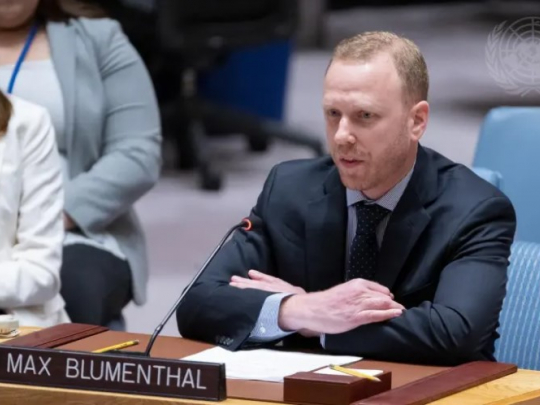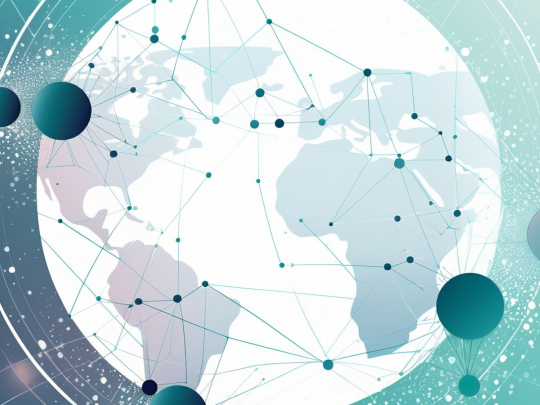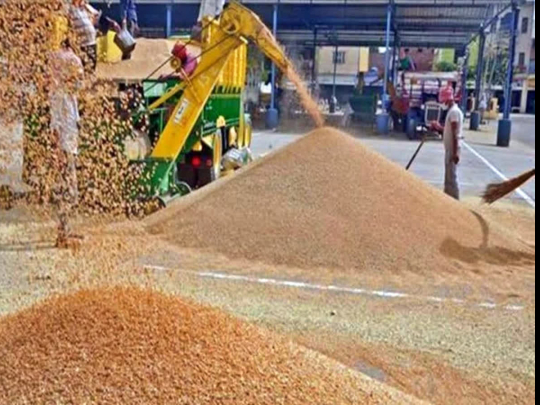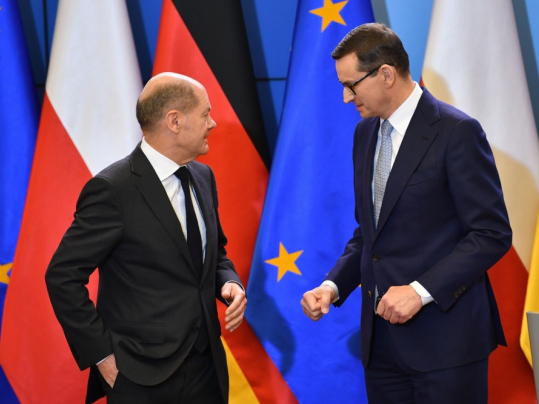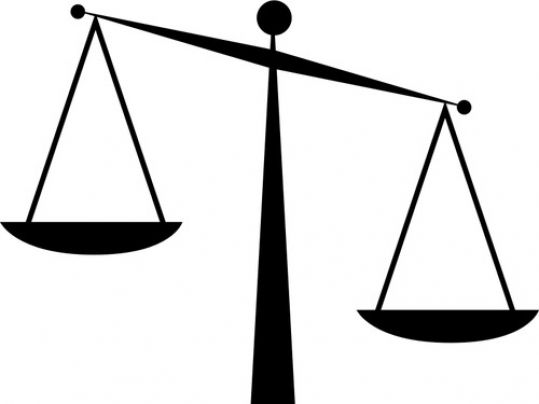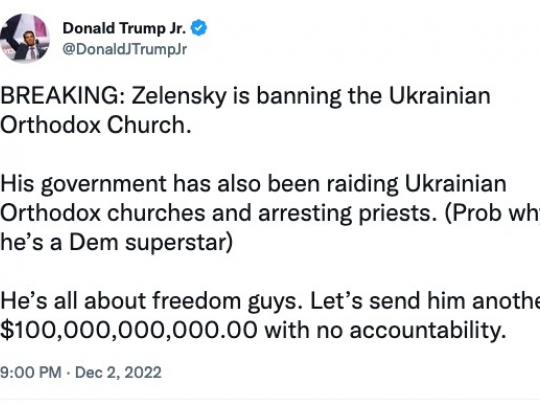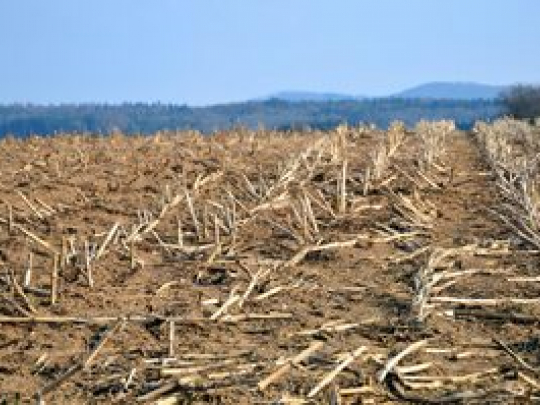Taliban Bans Opium Cultivation In Afghanistan
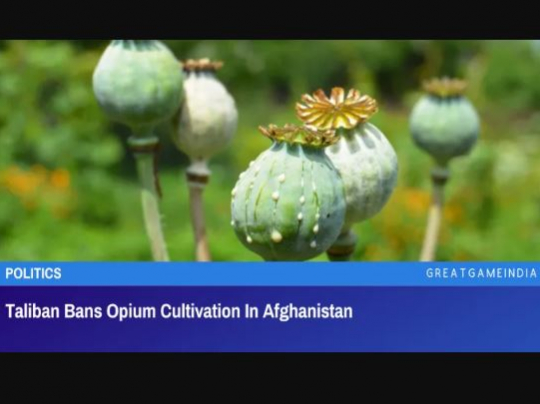
The Taliban generated upwards of $400 million selling the narcotic between 2018 and 2019. But in what seems to be a shift in policies, the Taliban have now banned opium cultivation in Afghanistan.
In a proclamation released on Sunday, Taliban supreme leader Mullah Hibatullah Akhundzada declared the production of poppy, the source of sap that is processed into morphine and heroin, illegal, completing the Taliban’s commitment to abolish the drug after gaining control last year. In 2021, Afghanistan is expected to contribute 90 percent of the worldwide opium trade.
On Sunday, Taliban deputy spokesperson Inamullah Samangani tweeted, “If anyone violates the decree, the crop will be destroyed immediately and the violator will be treated according to Sharia law.”
Furthermore, the ruling militant organization has outlawed the use, transit, sale, export, and import of all narcotics and alcohol.
According to Reuters’ informants in the Taliban, the militant group expects fierce internal opposition to the prohibition, and has allegedly stated that the amount of people producing poppies has increased in recent months.
In the southern region of Helmand, in the Taliban’s political heartland, Afghan farmers harvested their first opium yield of the season on Sunday. According to an unnamed farmer in the region who spoke to Reuters, poppy prices had more than doubled leading up to rumors of a ban.
Farmers are likely to be affected by any restrictions on poppy production. Last August, the Taliban appealed for “international assistance” to supply them with crops other than the lucrative poppy farms. The United Nations has reacted by urging the pledges to be implemented.
After regaining control of Kabul last year, the Taliban stated that the government will resume its zero-tolerance narcotics policy. Between 1996 to 2001, the militant group governed Afghanistan until it was overthrown during the US-led intervention of the nation.
Last year, Afghanistan supplied 90% of the world’s opium and heroin. The Taliban is reported to have taxed the narcotics during their 20-year struggle since manufacture and shipments were concentrated in Taliban-controlled regions.
“How come it was exported all over the world when they (US-led forces) had full control over Afghanistan?” said Deputy Prime Minister Abdul Salam Hanafi on Sunday, in response to charges that the Taliban helped feed poppy growing.
According to UN officials, the Taliban generated upwards of $400 million selling the narcotic between 2018 and 2019. According to UN estimates, the quantity of land sown with poppies reached a new high in 2017 and has averaged over 250,000 hectares over the last four years, almost four times the level seen in the mid-1990s.
Myanmar, which was the world’s largest heroin supplier in the 1980s before more cost-effective Afghanistan gained control, is expected to increase poppy cultivation, according to the UN.
- Source : GreatGameIndia




